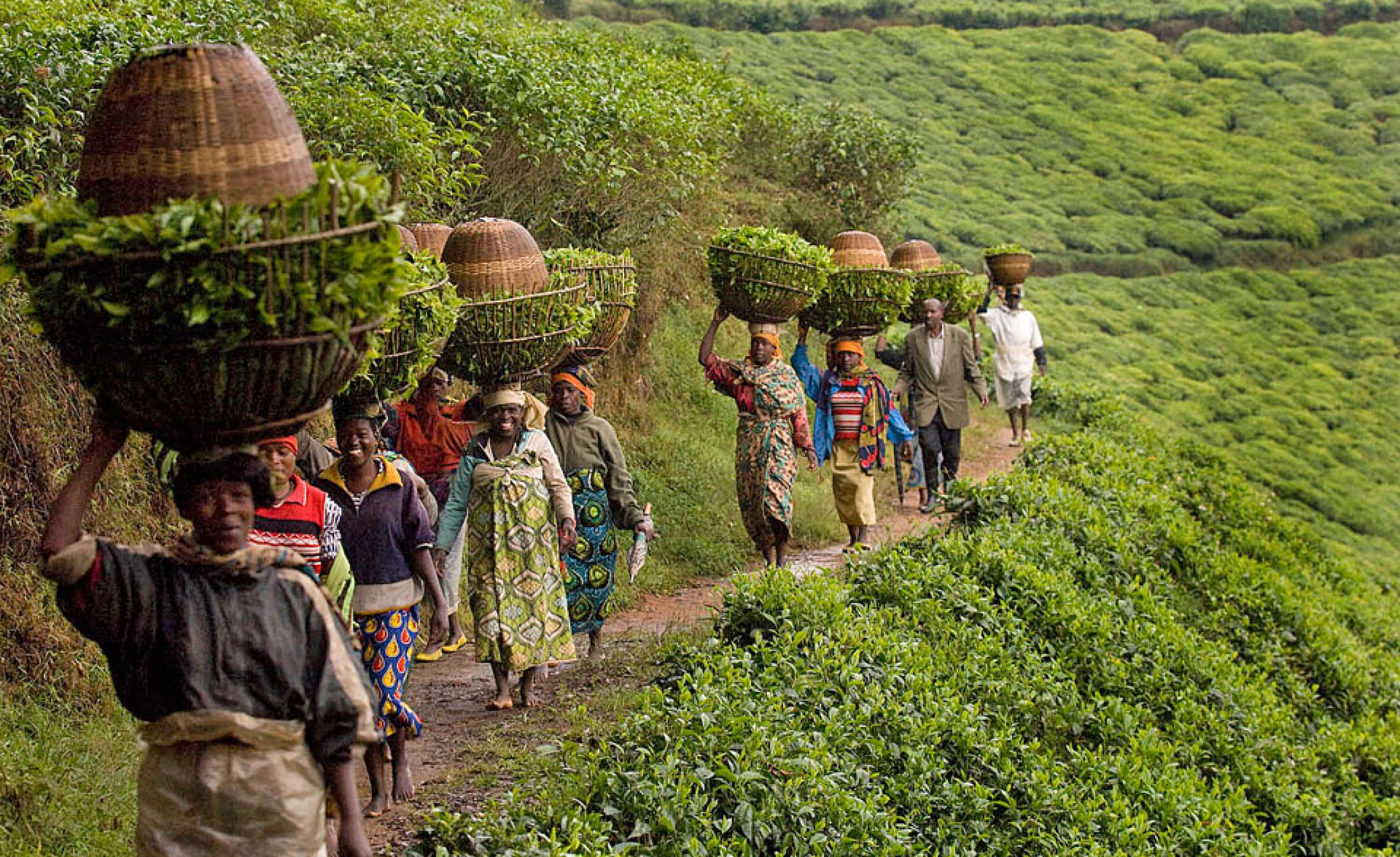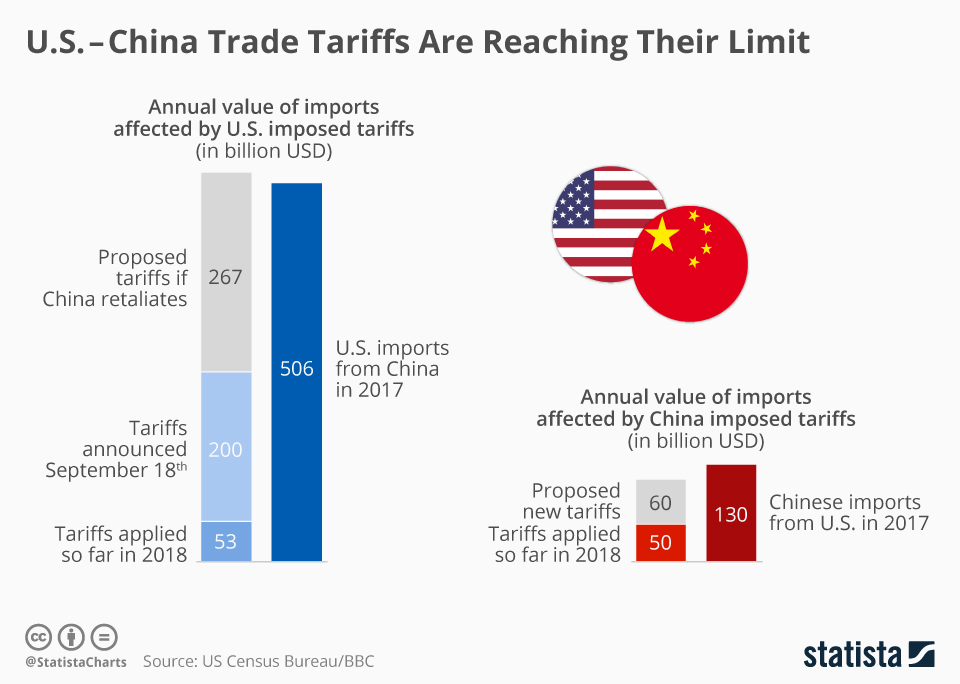The Rwandan coffee economy plays a significant role not only in the nation’s agricultural landscape but also in the socioeconomic empowerment of women. With the growth of cooperative mills, women in agriculture have transitioned from unpaid family workers to wage earners, creating new opportunities for economic independence. This shift has been correlated with a decrease in domestic violence, as financial stability allows women to assert greater control over their lives and marital decisions. By participating in the production of Rwandan coffee, women contribute to a more resilient economy that uplifts entire communities. This interconnectedness of coffee production, women empowerment, and the reduction of domestic violence highlights the profound economic impact that the Rwandan coffee economy has on gender dynamics in the region.
The thriving coffee industry in Rwanda not only fuels the agricultural sector but also fosters significant social change, particularly regarding gender equality. This flourishing market encourages female participation in agricultural work, paving the way for greater financial security and autonomy among women. As a result, there has been a noteworthy correlation between enhanced economic opportunities for women and the reduction of domestic abuse in these communities. The empowerment of women within this context supports broader efforts to promote economic stability and improve the overall quality of life in Rwanda. Thus, the progressive developments within the Rwandan coffee sector serve as a model for utilizing agricultural growth to achieve both economic and social advancements.
The Rise of Rwandan Coffee Cooperatives
Rwanda has seen a remarkable transformation in its agricultural sector, particularly with the rise of coffee cooperatives. These cooperatives underwent substantial development between 2002 and 2012, creating over 200 community-based entities dedicated to producing high-quality coffee. This shift not only boosted the Rwandan coffee economy but also significantly affected the livelihoods of local farmers, especially women who traditionally worked in home-based operations. With the establishment of cooperative mills, women began to transition from unpaid family labor to becoming wage earners in their communities, thereby enhancing their financial independence and participation in the agricultural economy.
As the cooperatives expanded, so did their impact on the broader Rwandan economy. By connecting local farmers to international markets, these cooperatives increased the financial returns on coffee production. Women, who often handle roles such as cherry sorting and processing, found themselves at the forefront of this economic boom. The economic impact of these cooperatives has been profound, providing families with more substantial incomes and leading to improved household welfare, thereby fostering a growing sense of empowerment among women in agriculture.
Women Empowerment Through Decent Work
The shift toward cooperative coffee production in Rwanda has been instrumental in empowering women within the agricultural sector. The availability of paid work at local mills allows women to earn their own incomes, which is crucial in cultures where financial decisions are traditionally made by men. This enables women to gain greater bargaining power in the household, leading to improved financial autonomy and lowering the risk of domestic violence. Research shows that women working in these cooperatives report feeling more confident and assertive, which positively affects their social standing and personal relationships.
Additionally, the opportunity to earn a wage creates a ripple effect within families, as women are more likely to invest in their children’s education and health, contributing to societal growth. The empowerment of women through decent work not only fosters individual growth but also helps to combat the deeply rooted issues of inequality and domestic violence in Rwandan society. The cooperative structure promotes a community-based approach to empowerment, instilling a sense of solidarity among women and facilitating their collective rise in the economy.
The Link Between Rwandan Coffee and Domestic Violence Reduction
Emerging research on the relationship between women’s employment and domestic violence in Rwanda highlights the positive effects of working in coffee cooperatives. A study by economist Deniz Sanin reveals that women who earn wages during the coffee harvest experience a significant decrease in domestic violence incidents. This is largely attributed to the dynamics created by the cooperative mills, which tie a woman’s economic contribution directly to her husband’s financial success. During the harvest season, when both partners are invested in coffee production, the costs of domestic abuse increase for men, making it less likely to occur.
Moreover, as women have more financial independence, they are more empowered to make decisions regarding their lives and finances. This newfound agency can lead to a decrease in dependence on potentially abusive partners, as they have the means to leave if necessary. The evidence suggests that enhancing women’s economic participation, particularly through the Rwandan coffee economy, plays a critical role in reducing domestic violence and enabling a healthier family environment, ultimately contributing to societal transformation.
Economic Impact on Families and Communities
The economic ramifications of the coffee cooperative model in Rwanda extend beyond individual women to entire families and communities. With the increase in household incomes from coffee production, families are more likely to invest in health care, education, and local development initiatives. Research indicates that this economic uplift is not only beneficial for women but also positively influences children’s educational achievements and overall family well-being. Increased financial resources allow families to break the cycle of poverty and improve their living standards.
Furthermore, the surge in female employment in the coffee sector contributes to a stronger local economy. As women earn wages, they are more likely to participate in the local market, spending on goods and services that benefit community businesses. The multiplier effect of women having jobs leads to broader economic stability and growth in maritime regions, setting the foundation for sustainable development in Rwanda. By harnessing the potential of women in agriculture, the cooperative coffee model serves as a powerful tool in promoting not just the economy, but social change as well.
Challenges and Opportunities in Rwandan Coffee Production
Despite the many successes of the Rwandan coffee cooperatives, challenges remain for women in the industry. Issues such as access to resources, market fluctuations, and gender-based violence persist, sometimes undermining the benefits of female employment. For instance, even with the economic uplift provided by cooperative jobs, women may still face societal backlash for stepping outside traditional gender roles. Addressing these challenges requires targeted interventions that not only empower women economically but also reshape societal attitudes towards women’s work and rights.
Opportunities exist to further strengthen the Rwandan coffee economy and enhance women’s roles within it. By investing in capacity-building programs that provide skills training, financial literacy, and leadership development, women can become more influential in their cooperatives and communities. Additionally, creating more platforms for women to articulate their needs and experiences can drive meaningful policy changes that promote gender equity within the agricultural sector. Harnessing these opportunities will help ensure that the gains made are sustained and that women continue to play a crucial role in shaping the future of Rwandan coffee.
The Role of Policy in Empowering Women through Coffee
Effective policy implementation is vital for maximizing the benefits of women’s participation in the Rwandan coffee economy. The 2008 domestic violence law, for example, was a significant step towards protecting women’s rights and ensuring that women could seek recourse against abusive relationships. However, for laws to be effective, they must be paired with education and resources that empower women to assert their rights. Policymaking that supports women’s economic opportunities and addresses the systemic issues related to domestic violence is essential to creating a more equitable society.
Furthermore, policies that promote gender-sensitive programming within cooperatives can enhance women’s roles in decision-making processes. When women are included at all levels of cooperative management, it leads to better governance and more equitable distribution of resources. Advocating for policies that support women’s economic empowerment through financial aid, land rights, and access to markets will facilitate a more inclusive agricultural environment. In turn, these policies can significantly impact the lives of women in the Rwandan coffee sector, contributing to a more progressive and equitable economy.
Cultural Shifts through Coffee Production
The rise of women in the Rwandan coffee economy has the potential to catalyze significant cultural shifts in societal norms around gender roles. As women gain visibility and recognition for their contributions to coffee production, perceptions around women’s work are beginning to change. In many communities, the success stories of female coffee farmers and workers are becoming powerful narratives that challenge traditional views of gender roles. This transformation is crucial for fostering an environment where women are celebrated for their economic contributions and where equitable treatment becomes a societal expectation.
Moreover, as these cultural shifts take hold, they can inspire future generations to pursue opportunities in agriculture and beyond. Educational initiatives aimed at young girls can be informed by the success of women in the coffee sector, leading to increased participation in academic pursuits, vocational training, and leadership roles. The normalization of women as productive members of society not only benefits the coffee industry but also lays the groundwork for broader economic development and social equity within Rwanda. Ultimately, the interplay between coffee production and cultural dynamics offers a promising path towards gender equality in various domains.
Global Implications of Rwanda’s Coffee Economy
The impact of Rwanda’s coffee cooperatives extends far beyond the nation itself, offering significant lessons for the global community regarding women’s economic empowerment. As consumers worldwide increasingly demand ethically sourced and high-quality specialty coffee, Rwanda’s example demonstrates how local agricultural models can support women while enhancing product value. The global coffee market’s receptiveness to high-quality Rwandan coffee is a testament to the potential for ethical consumption to drive economic change in developing nations.
Moreover, the Rwandan coffee economy exemplifies how integrating women into agricultural production can yield economic and social benefits. Countries facing similar challenges can learn from Rwanda’s cooperative model, applying adaptive strategies that enable women to access employment opportunities and secure their rights. By fostering collaborations between local farmers, international buyers, and advocacy organizations, we can create a sustainable framework that prioritizes both ethical production and women’s empowerment globally.
Frequently Asked Questions
How does the Rwandan coffee economy empower women in agriculture?
The Rwandan coffee economy empowers women by providing them with paid work in coffee processing mills, allowing them to earn income independently. This economic opportunity boosts their bargaining power within households and helps reduce domestic violence, as women gain financial autonomy and influence over household decisions.
What is the relationship between the Rwandan coffee economy and domestic violence reduction?
Research has shown that the Rwandan coffee economy plays a significant role in reducing domestic violence. As women participate in coffee harvesting and processing, they experience less abuse from their husbands during peak harvest seasons, primarily because their financial contributions alter household dynamics and increase their value within the family.
How does women empowerment in the Rwandan coffee economy affect economic impact?
Women empowerment in the Rwandan coffee economy positively impacts the overall economic landscape by enhancing household incomes and encouraging women’s participation in agriculture. With more women earning wages, families can invest in better health and education, leading to broader economic growth and sustainability in rural communities.
What role do cooperatives play in the Rwandan coffee economy for women?
Cooperatives are essential in the Rwandan coffee economy as they provide women with organized access to employment in coffee processing. These cooperatives enable women to transition from unpaid family labor to paid employment, which not only enhances their financial independence but also fosters a sense of community and collective empowerment.
In what ways does the Rwandan coffee sector contribute to women’s financial independence?
The Rwandan coffee sector contributes to women’s financial independence by creating job opportunities in coffee harvesting and processing. By engaging in these roles, women can earn consistent income, gaining financial stability that reduces their reliance on male partners and enhances their overall autonomy within the household.
What are the economic benefits of women in agriculture within the Rwandan coffee economy?
The economic benefits of women in agriculture within the Rwandan coffee economy include increased household incomes, improved financial literacy among women, and enhanced community well-being. As women engage in coffee production, they not only contribute to their family’s economic status but also boost local economies through their spending and investment.
How does the growth of Rwandan coffee cooperatives influence gender equality?
The growth of Rwandan coffee cooperatives influences gender equality by promoting women’s access to income-generating activities. By hiring more women, these cooperatives help challenge traditional gender roles, enabling women to gain visibility and respect in their communities and contribute equitably to economic development.
What impact has the Rwandan coffee economy had on domestic violence statistics?
The Rwandan coffee economy has had a positive impact on domestic violence statistics, with studies indicating a significant decrease in rates of domestic abuse among women working in coffee processing mills. As women gain more financial power through their employment, the economic dependencies that often lead to violence diminish.
How do seasonal employment opportunities in the Rwandan coffee economy benefit women?
Seasonal employment opportunities in the Rwandan coffee economy benefit women by providing them with temporary yet significant income during the harvest season. This employment allows them to contribute financially to their households, promoting economic stability and reducing their vulnerability to domestic violence.
What is the future outlook for women in the Rwandan coffee economy?
The future outlook for women in the Rwandan coffee economy appears promising as the sector continues to grow and evolve. Increased investment in women’s training programs, the establishment of more cooperatives, and supportive policies can further empower women, enhancing their roles in agriculture and contributing to gender equity in the economy.
| Key Point | Description |
|---|---|
| Rwandan Coffee Boom | Rwanda has experienced a significant increase in coffee production, particularly specialty coffee, which has led to the formation of over 200 cooperatives. |
| Role of Women in Coffee Processing | Women are predominantly involved in cleaning, drying, and sorting coffee cherries, especially in cooperative mills. |
| Impact on Domestic Violence | Women working in coffee mills report lower rates of domestic violence during the harvest season. |
| Economic Empowerment | Increased earnings from coffee processing have granted women greater financial independence and bargaining power within households. |
| Influence of Labor Conditions | The connection between husbands’ income and wives’ employment reduces the likelihood of domestic abuse during the harvest. |
| Factors Affecting Domestic Violence | Two conditions for reducing domestic violence are the presence of divorce options and economic benefits tied to women’s productivity. |
Summary
The Rwandan coffee economy has shown remarkable growth due to the rise of cooperative mills that employ women in coffee processing, resulting in not only enhanced economic opportunities but also a reduction in domestic violence during harvest seasons. As women gain financial independence, they experience diminished abuse from partners, highlighting the crucial link between economic empowerment and social change. This emerging narrative around the Rwandan coffee economy underscores the need for continued support of women’s roles in agriculture and the socioeconomic policies that promote gender equality.



